YWAM Madrid:
Passionate about
God!
Our community is unique, multigenerational, diverse and international!
What do we do?
The photos below illustrate just some of the current areas of focus for YWAM Madrid.
Over the past few years we have seen exponential growth of the impact of our efforts and God has been opening doors that we had not even imagined. From social work in our local neighbourhood to international outreaches; from creative events using dance, music and drama to share the gospel to working with people on the margins of society; from training young people to art classes at a local homeless shelter; from life in community to working with refugees and displaced people in Ukraine, Romania and Turkey.
There are no limits for God!
SOME OF OUR AREAS OF FOCUS
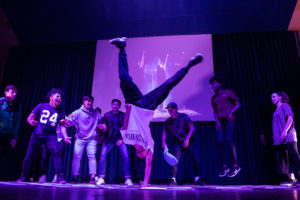
Impact World
Tour
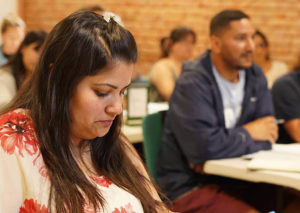
LDC: training for leaders
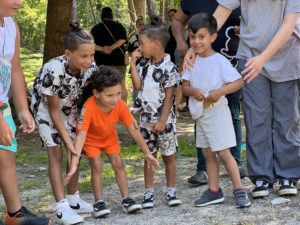
Working with children
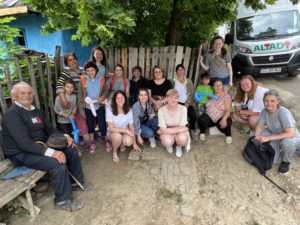
Voice for the Voiceless DTS
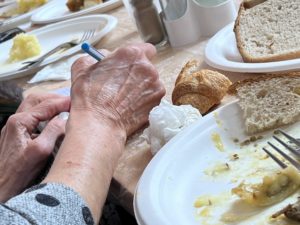
Helping the most vulnerable
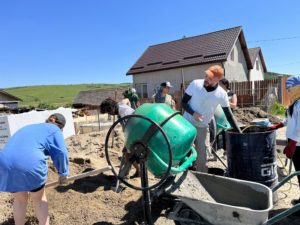
Building homes for refugees
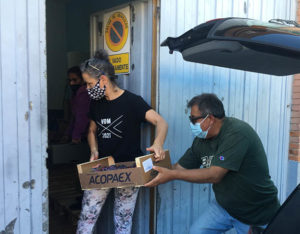
Food bank collection
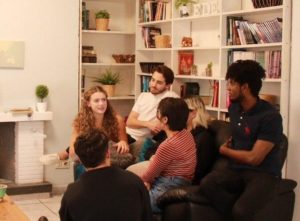
Living together in community
COME & JOIN US!
SOME OF OUR COMMUNITY
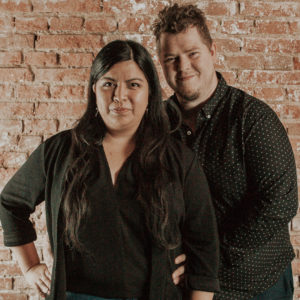
Tony & Fio
Herrera
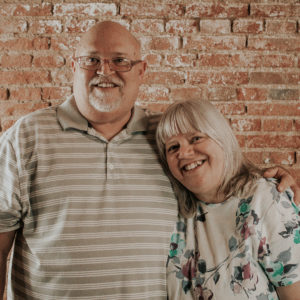
Terry &
Marilyn Day
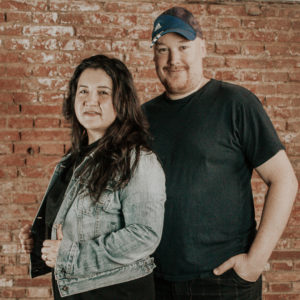
David & Angy Santandreu
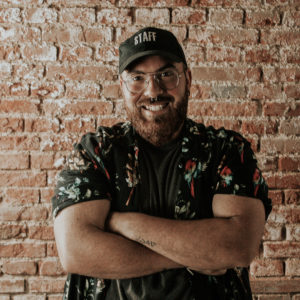
Samuel
Santiago
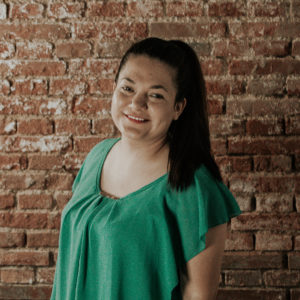
Ruth
Ferrari
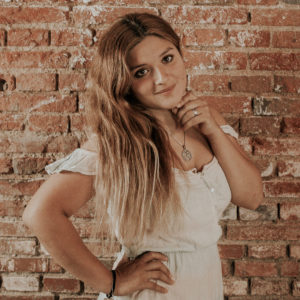
Natalí
Fernández
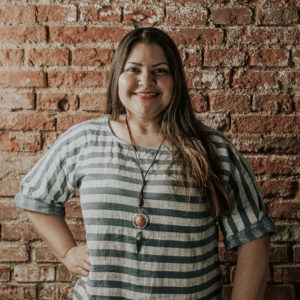
Marianela
Gotera
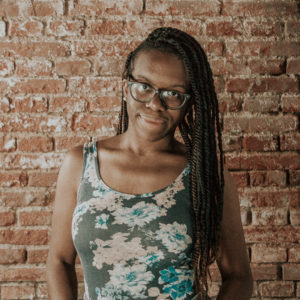
Liana
Mbassa

Josué
Soto
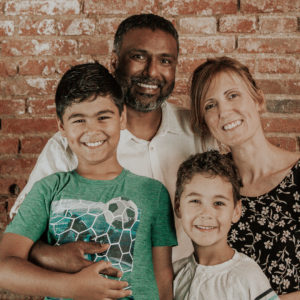
Jitu & Vanesa Dongardive
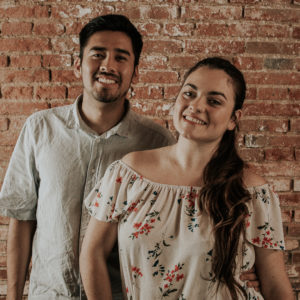
Javi & Ana
Saldaño
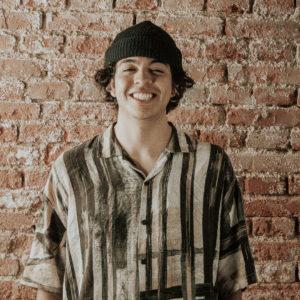
Isaac
Marín
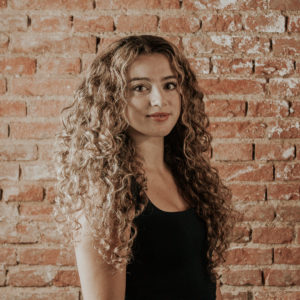
Indira
Sánchez
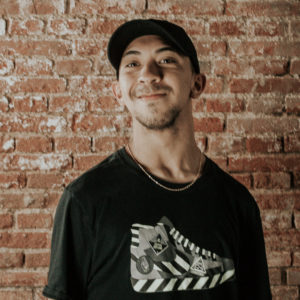
Hiram
Marín
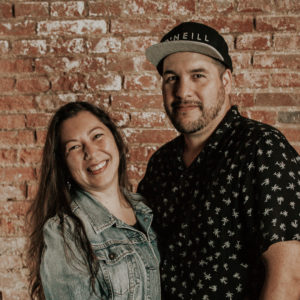
Goyo & Grace Marín
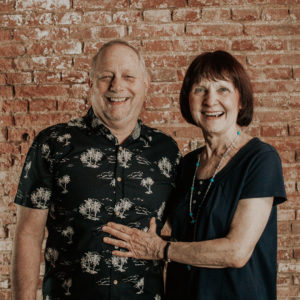
Gary & Deanna McKinney
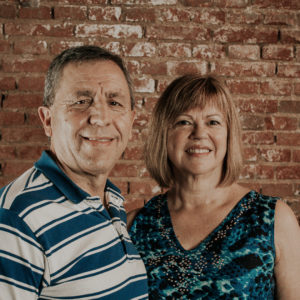
Gabriel & Patricia Jiménez
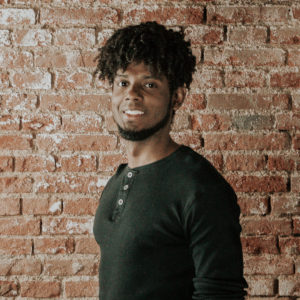
Centti
Caicedo
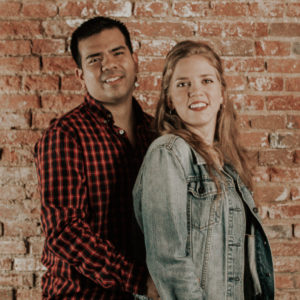
JeanPi & Cris
Faustor
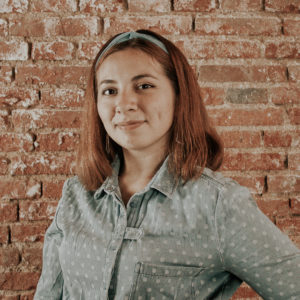
Serena
Oviedo
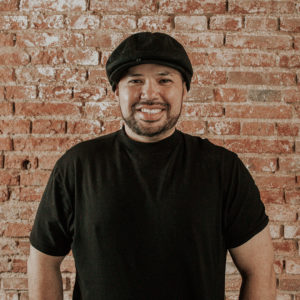
Carlos
Salazar
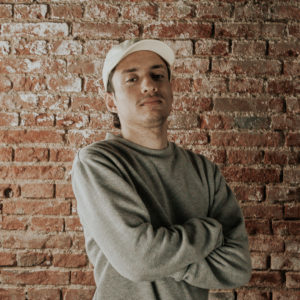
Brandon
Solorzano
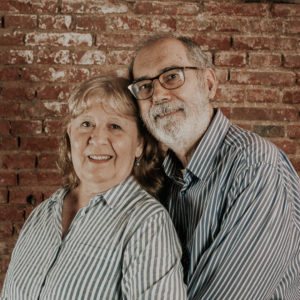
Antonio &
Linda Pérez
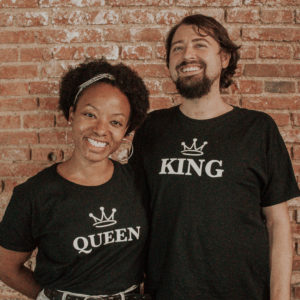
Andrew & Maiya Kuettner
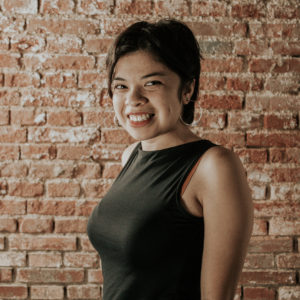
Amada
Salinas
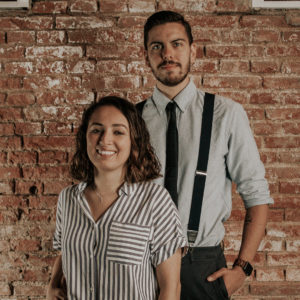
Alejandra &
Ben Wussow
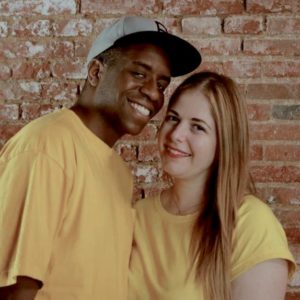
Iván & Bea
Mbassa
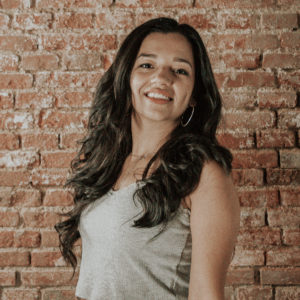
Camila
Perdomo
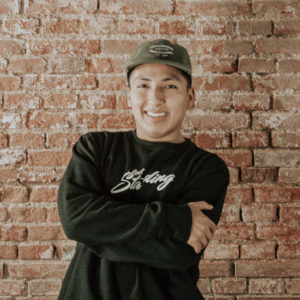
Alex
Sahonero
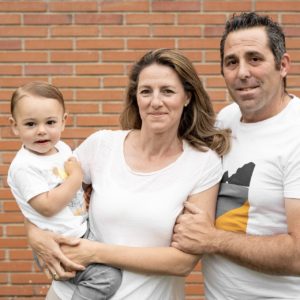
Olivia & Sergio Hidalgo
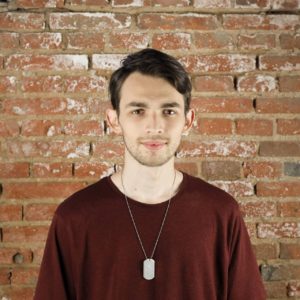
Iosua
Soare
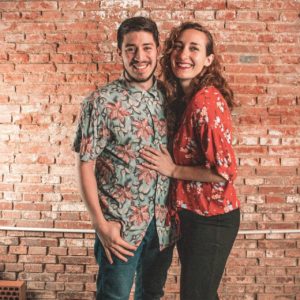
Sarai & JuanMa Lugo
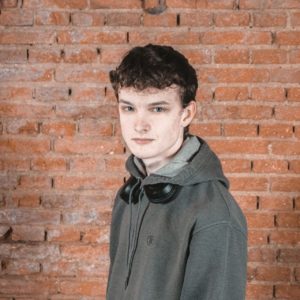
Kevin
McKinney
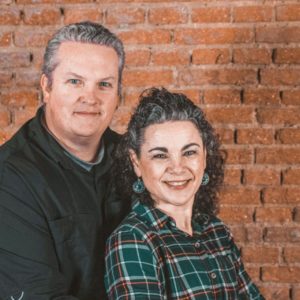
Tabita & Lance McKinney
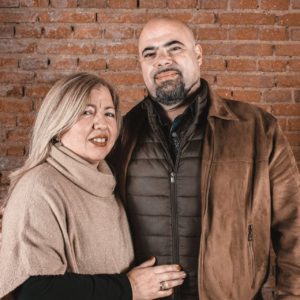
Medalith & Juan Carlos González
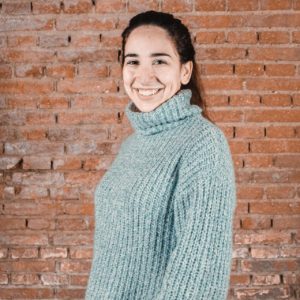
Belén
Bertossa
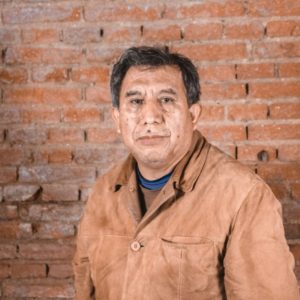
Néstor
Flores
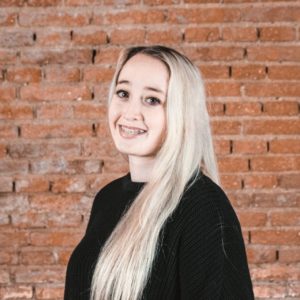
Saray
Nieto
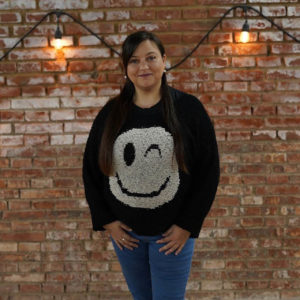
Amparo
García
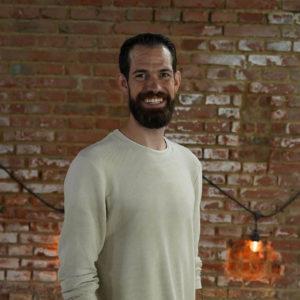
Johnny
Bärnreuther
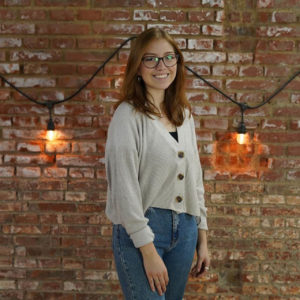
Sarah
Molina
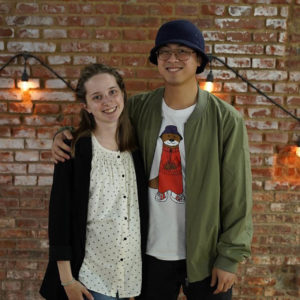
Megan &
David Nam
All our staff are volunteers
These are YWAM’s 18 foundational values
WHAT WE BELIEVE
Do you want to know more about what we believe?
YWAM’s 18 foundational values define how we live and reflect our beliefs.
If you want to know more about what we believe, send us a message or look at the YWAM International web page.
A BIT ABOUT YWAM
What is YWAM?
Youth With A Mission (YWAM, pronounced /ˈwaɪwæm/) is an interdenominational, non-profit Christian, missionary organization with locations in over 180 countries and its own university, the University of the Nations. We train more than 25,000 short-term missions volunteers annually. Founded by Loren Cunningham and his wife Darlene in 1960, YWAM’s stated purpose is “to know God and to make Him known”.
The first school run by YWAM was called the School of Evangelism, held in Switzerland in 1969 with 21 students. YWAM’s first permanent location in Europe was Lausanne, Switzerland, where a second school took place from the summer of 1969 to the summer of 1970 in a newly renovated hotel in Chalet-à-Gobet that the mission purchased.
YWAM has been in Spain for 50 years and there are currently YWAM centers (or bases, as we call them) and ministries in Oviedo, Barcelona, Bilbao, Caceres, Madrid, Costa Tropical (Almúñecar), Vigo, Granada, Sevilla and Santiago de Compostela.
Our community is unique, multigenerational, diverse and international!
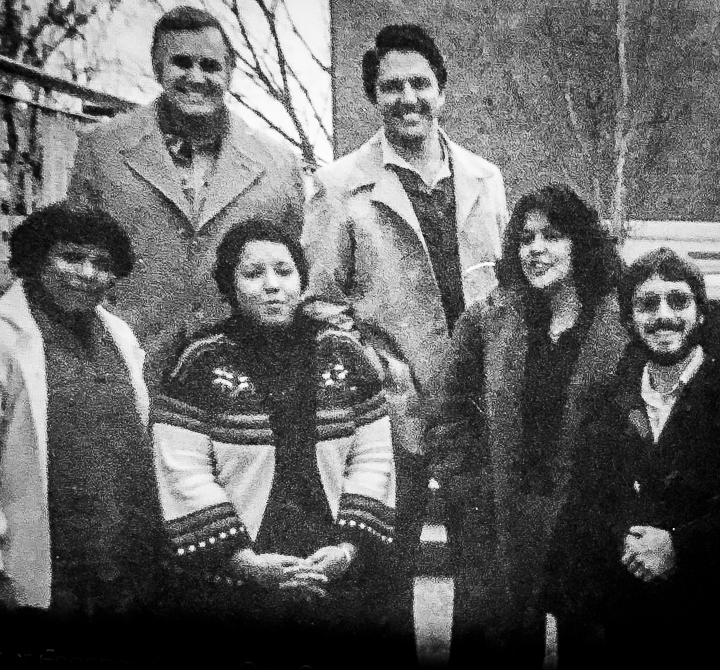
Loren Cunningham (Founder of YWAM) and Don Stevens (European Director) visited the YWAM Madrid base in 1977
YWAM'S HISTORY IN SPAIN
How did YWAM Spain start?
The first YWAM team came to Spain in 1968 followed by a second team in 1969. The first apartment was rented in Torrejón de Ardoz (Madrid) in the summer of 1972.
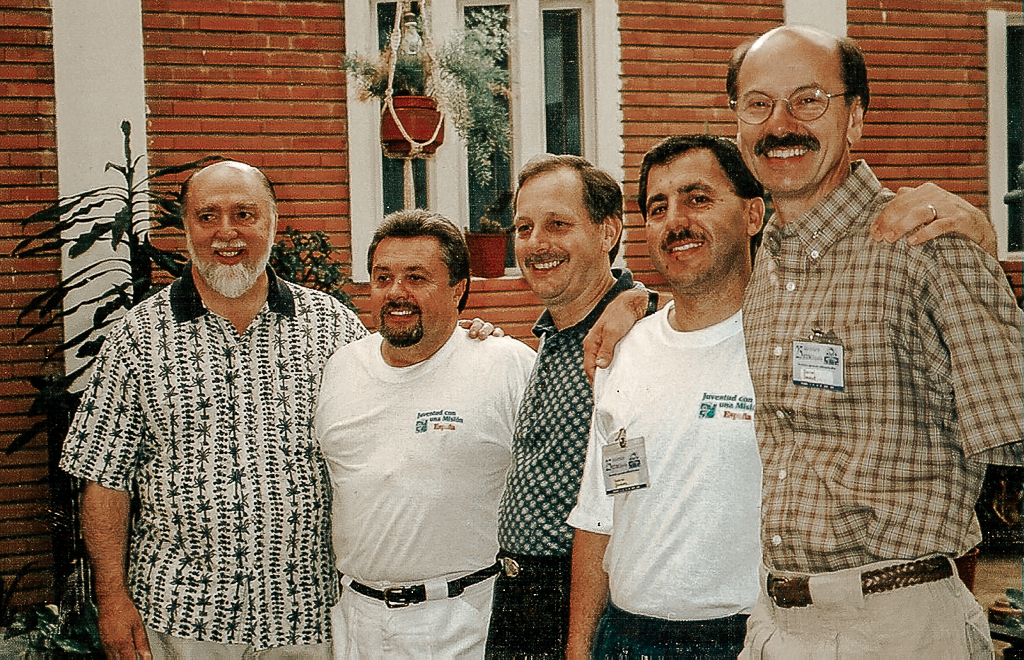
Why Torrejón?
One of the main reasons for YWAM to settle in Torrejón was the ministry with the American air base which, at the time, was located there. In addition, on the outskirts of Torrejón there was a neighborhood specifically designed for the American soldiers, and YWAM was given the opportunity of renting apartments at an affordable price just 20 minutes from the airport and 30 minutes from the vibrant city-center of Spain’s capital city, Madrid.
Over the years, YWAM Madrid has become a well-established operational center running many different ministries simultaneously with a staff of up to 80 people at times.
At the beginning of the 1980s, YWAM Spain was granted legal status by the Spanish Ministry of Justice, at a time when the organization had centers in Torrejon and Cornellá, Barcelona.
By 1982, coinciding with the celebration of the FIFA World Cup held in Spain, YWAM was established in the five major cities: Madrid, Barcelona, Valencia, Seville and Bilbao.
In the photo, the first leadership team celebrating 25 years of YWAM in Spain: Bob Lichty, Al Akimoff, Gary McKinney, Gabriel Jiménez and Dan Secrist.
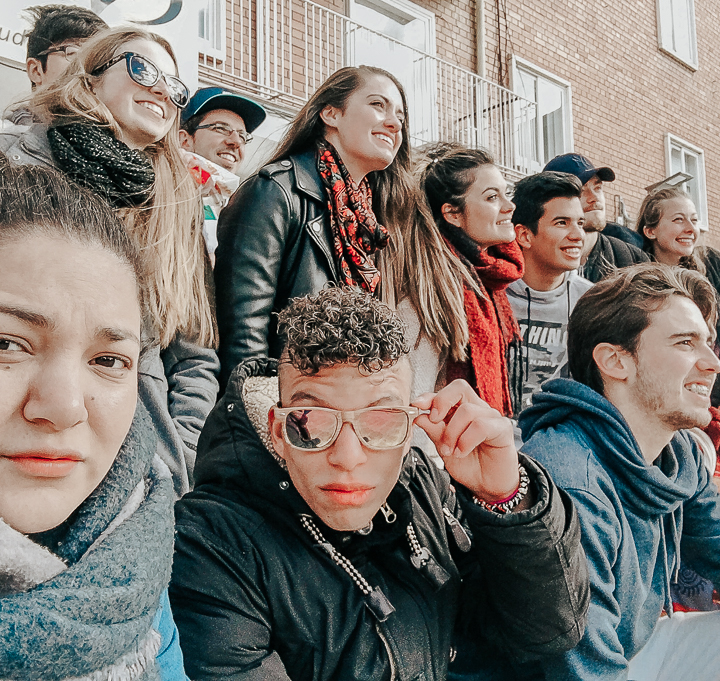
YWAM Madrid
It was in 1992, during the Barcelona Olympics, following a tough legal and spiritual battle, that YWAM Madrid acquired the organization’s current facilities in Torrejón de Ardoz.
Our base is functional, modern and suitable for carrying out the ministries currently run by YWAM Madrid: Discipleship Training School (DTS), Leadership Development School (LDC), b2b for emerging leaders, Impact World and our NGO, Asociación Cien por Cien Vida (100% Life). In addition, YWAM Madrid regularly sends teams to Asia, Africa and Europe on cooperation programs and works with local churches in Torrejón, Madrid and other locations within Spain.
What is Torrejón de Ardoz like?
For many Spaniards, Torrejón is one of the best places in Spain to live. It is a city within the metropolitan area of Madrid, and is very well connected by road (with access to the A2, the M-50, M-45 and the M-206) as well as by bus and train. It is the eighth most populated city in Madrid, with 130,000 inhabitants.
One of the places to visit is Parque Europa with replicas of many well-known European monuments; Torrejón is also well-known as the European Capital of Christmas because of its Magical Christmas celebrations.
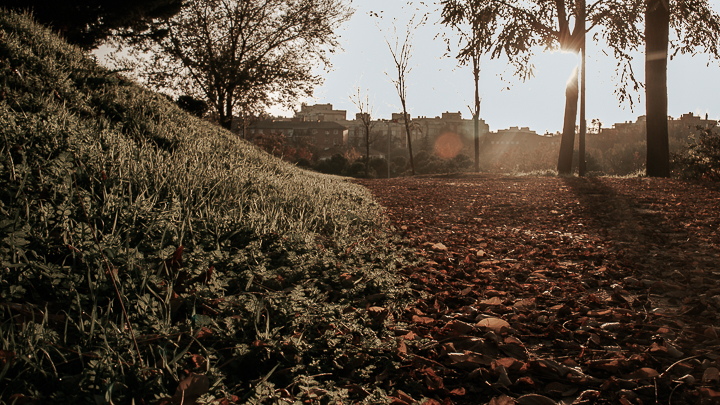
FREQUENTLY ASKED QUESTIONS
Find out more about our organization
Training programs
Discipleship Training School (DTS)
A YWAM DTS is not only a prerequisite for being a member of YWAM staff, but also to access other schools and training courses offered by the University of the Nations.
Discipleship Training School (DTS) and Lecture Phase and Outreach. DPS 111/112. Credits from the University of the Nations: 11 /12
The DTS (Discipleship Training School) is a 20-week full-time residential program (12 weeks lecture phase and 8 weeks outreach phase), designed to help you grow in your Christian life and equip you in evangelism. The schools in Madrid are bilingual (Spanish and English).
You will learn more about God and His world; not only in class, but also by living in community, small groups and through creative and practical workshops. There will be additional activities such as worship, intercession and evangelism.
- To know God in a deeper way and to discover your identity, value and destiny in Him. Your relationship with God will grow by applying a solid Biblical foundation of the nature, character and work of God the Father, Jesus Christ and the Holy Spirit.
- To strengthen your faith as you serve God in evangelism, intercession, acts of compassion and other expressions of God’s heart for the world in local and international outreach campaigns.
- To get to know yourself better and to sharpen your ability to interact with people of other cultures, personalities and perspectives by learning about healthy relationships and emotional intelligence.
- To equip you to serve God’s purposes either in or outside the YWAM Family of Ministries, strengthening a commitment to reach the lost, especially the unreached, to care for the poor, and to influence all areas of society.
Yes. A DTS of 23 credits recognized by the University of the Nations is a prerequisite to do other second level schools or to become a member of staff.
Each day you will have activities such as time alone with God, classroom lectures, work duties (cleaning, maintenance, meal preparation, etc.), plus various afternoon/evening activities. There are also weekly corporate activities such as open worship, evangelism, intercession, and community meeting. Your weekends may have some school activities but will usually be free for you to explore the city and have some study time.
YWAM Madrid is housed in a large apartment building and several chalet-houses in the same neighborhood. We have different apartments for single girls and single guys, and some limited housing for married couples. Students will share a room with one to four others. Our building also has a community center, classrooms, offices, a dining hall, prayer room, and hang-out spaces.
Yes, successful completion of the outreach phase of your school is required for all DTS’s and most second-level schools.
Your school leaders will pray over options for outreach locations and these will be communicated early in the school, or beforehand if already set.
Yes, you may continue on to further training programs or join staff here with us at YWAM Madrid or at any of the YWAM bases around the world! If you have come to Spain with a student visa, you will need to return to your home country and get another visa for residency before joining us full time.
DTS students need to be 18 years old. There is no upper limit, although the Impact DTS tends to attract younger students than the Voice for the Voiceless DTS. We have had schools with ages ranging from 18-60.
Yes. We believe that families, and not just individuals, have a calling in missions to serve together as a family. We have several families serving as full-time staff. However, it is our experience that the DTS is very rigorous for a family, and we do not offer childcare. Please also note that school-aged children will need to be enrolled in schooling as a condition of your visa. It is our recommendation that families search for a DTS that is specifically designed for families and then apply to become full-time staff in Madrid after successful completion of a DTS. Please contact us for further details.
We offer a bilingual DTS in English and Spanish. You do not need to speak both languages, but must be proficient in one of these, since there is both written and oral course work. If your language skills are not sufficient to study in an English OR Spanish-speaking environment, you may want to check out ywam.org for other language options.
The short answer is, it depends on your college. If you come with a student visa you may be able to receive credit at a Christian university upon return to your home country. You may be able to request credit for study abroad or language acquisition. This is something best to clarify with your college BEFORE coming to Spain, if university credit is important to you.
You do receive credit from the University of the Nations, which is our YWAM university. The DTS is a pre-requisite to take additional schools offered by the UofN.
We encourage all staff and students to come with the appropriate updates on immunizations. We need to comply with current health legislation both in Spain and in the countries we visit during the outreach phase.
The basic vaccinations are the following:
- Polio
- Diphtheria
- Tetanus
These updates are required every 10 years; if you are unsure of your last immunization, check with your doctor. Please, for your own safety, ensure that you are up to date with these before coming to the lecture phase of your school so that you will be prepared in advance for your field assignment. For overseas outreaches we recommend that all staff and students receive further vaccinations. These are the following:
- Typhoid
- Hepatitis A
- Hepatitis B
Some countries require additional vaccinations such as yellow fever and tablets to prevent malaria.
We encourage you to have these immunizations before joining us, although you may also be vaccinated in Spain if you are missing any that your outreach location requires.
Application process and visas
Things to know about the application process
As a first step, please fill in our application form. We will then send you a full application pack, including reference forms and additional information regarding the school you are interested in.
If you are not from the Schengen Zone of Europe, you will need to apply for an appropriate visa. Details regarding your visa will be communicated upon your acceptance to the school. Please do not apply for a visa until you have received your acceptance letter and instructions to do so.
In most cases, yes. We would need to know what visa you currently hold in order to know your visa conditions and see if you need to apply for a new one. Let us know that you are already in Spain and also forward a copy of your visa so we can check your status.
Yes, all international students and staff are required to have health insurance. For all student visas, the Spanish government requires that you have insurance before you can be granted a Student Visa. For more information about health insurance, please contact us at [email protected].
Life at YWAM Madrid
Housing, what to bring, about Madrid
Yes. You will live on the YWAM base in shared accommodation with other students from your school and other schools. Living together in community is a great way to get to know people from diverse backgrounds and it is a lot of fun! We value community by eating together — delicious sit-down meals prepared by volunteers in our kitchen ministry on base. Our community kitchen is open Monday-Friday, but you will be provided with food to cook yourself (or with other students) on the weekends.
Some second level schools, such as the LDC, only provide half-board and you will be able to prepare and cook your evening meal for yourself.
The base offers unlimited Internet access to all students! You will need to bring your own laptop or phone to connect with. If you are unable to bring a laptop yourself, it is quite likely you will find someone willing to lend you their computer.
Madrid, the capital city of Spain, is located in the very center of the country, surrounded by mountains. The center of Madrid (historical district) is 30-40 minutes away from the base by train or bus. We live in one of Madrid’s suburbs, Torrejón de Ardoz. Our area is known for being family-friendly and safe. It is full of beautiful parks and fountains. The base is located beside one of the largest parks in the city. We have many restaurants and shopping centers within easy walking distance from the base.
WINTER:
Winters in Madrid are cold compared to other parts of Spain, with average temperatures of about 6-8 °C (43-46 °F). The temperature during the day is around 10 °C-15 °C (50-59 °F), and the temperatures during the night often drop to below 0 °C (32 °F) although snow is fairly rare.
SUMMER:
The summers in Madrid are hot and sunny with temperatures around 31-32 °C (87.8-89.6 °F) but they can rise to 35-40 °C (95-104 °F) on some days. Overnight temperatures average around 19 °C.
CLOTHING:
Apart from casual wear, bring one set of formal clothes for meetings, church and formal events. Many outreach locations do require modest clothing such as longer skirts or dress pants. We strongly suggest you bring work clothes, unless you want to use your casual clothes for work duties. There is a wide variety of practical tasks, and some are quite messy. On outreach, we sometimes paint or do yardwork for churches. For recreation clothes we suggest you bring shorts and running shoes. Bathing suits need to be modest, i.e. full swimsuits for girls (no bikinis), swim shorts for guys. For shoes, please bring casual and dress shoes, as well as comfortable shoes for hiking. On some DTS’ we will walk and hike great distances.
During winter it can get quite cold (October–March), so bring jeans, sweaters and a warm coat. Remember that outreaches may be in a different climate, so come prepared for all types of weather. Summers tend to get very hot.
Please note: We have an international student body and need to consider a larger audience of cultures in our dress (what is OK in your culture might cause offense to someone from another).
BEDDING:
During lecture phase on the base, most rooms are equipped with bunk beds and bedding is provided. You will need to bring a sleeping bag for outreach or, if you prefer, you can buy it when you get to Madrid. You can shop for these online at Amazon.es and have it shipped to the base if that is easier.
Regarding personal items, please bring whatever articles of clothing, etc., that you need, limiting it to one large hiking backpack or suitcase. You will have some space under your bed, 1-2 shelves in a cupboard and a small amount of wardrobe space.
PETS:
You may not bring pets, although we do welcome service animals with justification.
Relationships are valued in Spanish culture. There is a strong emphasis on family, and on building community. In the evenings and even late at night, you will often see families walking together in the parks or dining at cafes.
People wake up late and stay up late. In base life, this is reflected in our schedule. Lunch, the main meal of the day, is served at 2:15 p.m., and dinner is served at 7:30 p.m. (Most Spaniards consider this dinner hour to be much too early! They typically eat dinner after 10:00 p.m.)
Traditionally in Spain, people greet with two kisses (they touch cheeks and make a kiss sound in the air… start on the left-hand side!) although this practice is currently discouraged due to COVID-19 precautions.


